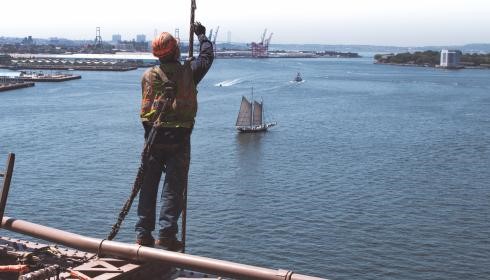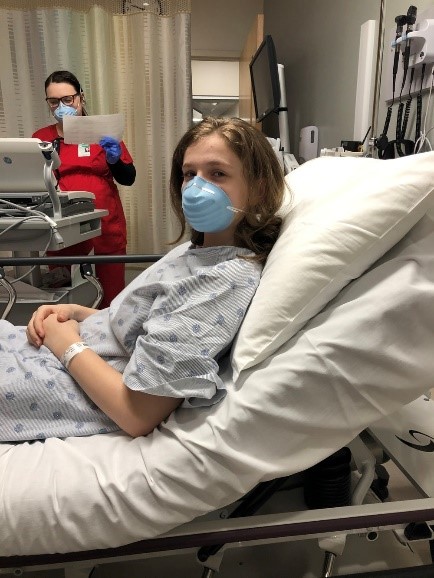- Hyderally & Associates P.C | Employment Lawyers NJ, NY
- (973) 509-8500
- tyh@employmentlit.com
New Jersey Protects its Essential Workers
NJ Law Enforcement Diversity Requirement Is on the Way!
September 17, 2020Help with Day Care Costs Due to COVID-19 School Closures Proposed
September 24, 2020By Jennifer Vorih, Esq., Ty Hyderally, Esq.

On September 14, 2020, New Jersey Governor Phil Murphy signed into law a bill which provides that certain essential workers will have any COVID-related illness covered by Workers Compensation. We discussed NJ S2380 in our May 13, 2020 blog.
The new law is retroactive to March 9, 2020, and applies to “essential workers,” which includes health care workers and public safety workers, employees who are otherwise considered essential to emergency response and recovery operations under a statewide emergency declared by the Governor or the federal government, and public or private employees whose duties and responsibilities are “essential to the public’s health, safety, and welfare.” It is important to note that healthcare workers include all employees of a health care facility, which is very broadly defined. Both volunteer and paid emergency medical service workers are specifically included. Likewise, the definition of “public safety workers” is very broad and includes paid, partially paid, and volunteer members of fire and police departments, as well as employees of correctional facilities. Further, under Executive Order 104, dated March 16, 2020, essential businesses were said to include “grocery/food stores, pharmacies, medical supply stores, gas stations, healthcare facilities and ancillary stores within healthcare facilities.”

The purpose of the law is to ensure that essential workers who contract COVID-19 due to their work will have coverage under Workers Compensation, “ordinary and accidental disability retirement, and any other benefits provided by law to individuals suffering injury or illness through the course of their employment.” If an employee who is eligible for such benefits through their employment contracts COVID-19, “there is a rebuttable presumption” that the contraction of the disease is work-related.
Thus, the contraction of coronavirus disease 2019, or COVID-19, by an essential employee, including but not limited to, a health care worker or a public safety worker, is presumed to be work-related for the purpose of receiving these employment-related benefits. The law only applies to essential workers who work in those roles and whose work involves interactions with the public during the current public health emergency. This presumption can be rebutted…by showing that the essential worker was not exposed to COVID-19. Of course, it would be impossible to show that an employee who contracted COVID-19 was not exposed to it, so the law is meant to cover all those who work as essential employees during the public health emergency and contract COVID-19.
The law also covers employees and volunteers who work as essential employees during the public health emergency, who are required to take time off work because they are exposed to the virus. The time that essential workers have to quarantine or self-quarantine, are hospitalized, incapacitated, or otherwise unable to work due to contracting or being exposed to COVID-19 will all be “considered as on duty time.” In addition, essential employees cannot be made to use paid leave or “any other contractual time-off” to cover the period they cannot work due to contracting or being exposed to the virus. Rather, any time such essential employees cannot work due to COVID-19 is considered “emergency hazard health duty.”
We are pleased that New Jersey has stepped up to ensure that its essential workers, on whom we all depend, will be compensated if they contract or are exposed to COVID-19 during the public health emergency.
This blog is for informational purposes only. It does not constitute legal advice, and may not reasonably be relied upon as such. If you face a legal issue, you should consult a qualified attorney for independent legal advice with regard to your particular set of facts. This blog may constitute attorney advertising. This blog is not intended to communicate with anyone in a state or other jurisdiction where such a blog may fail to comply with all laws and ethical rules of that state of jurisdiction.

